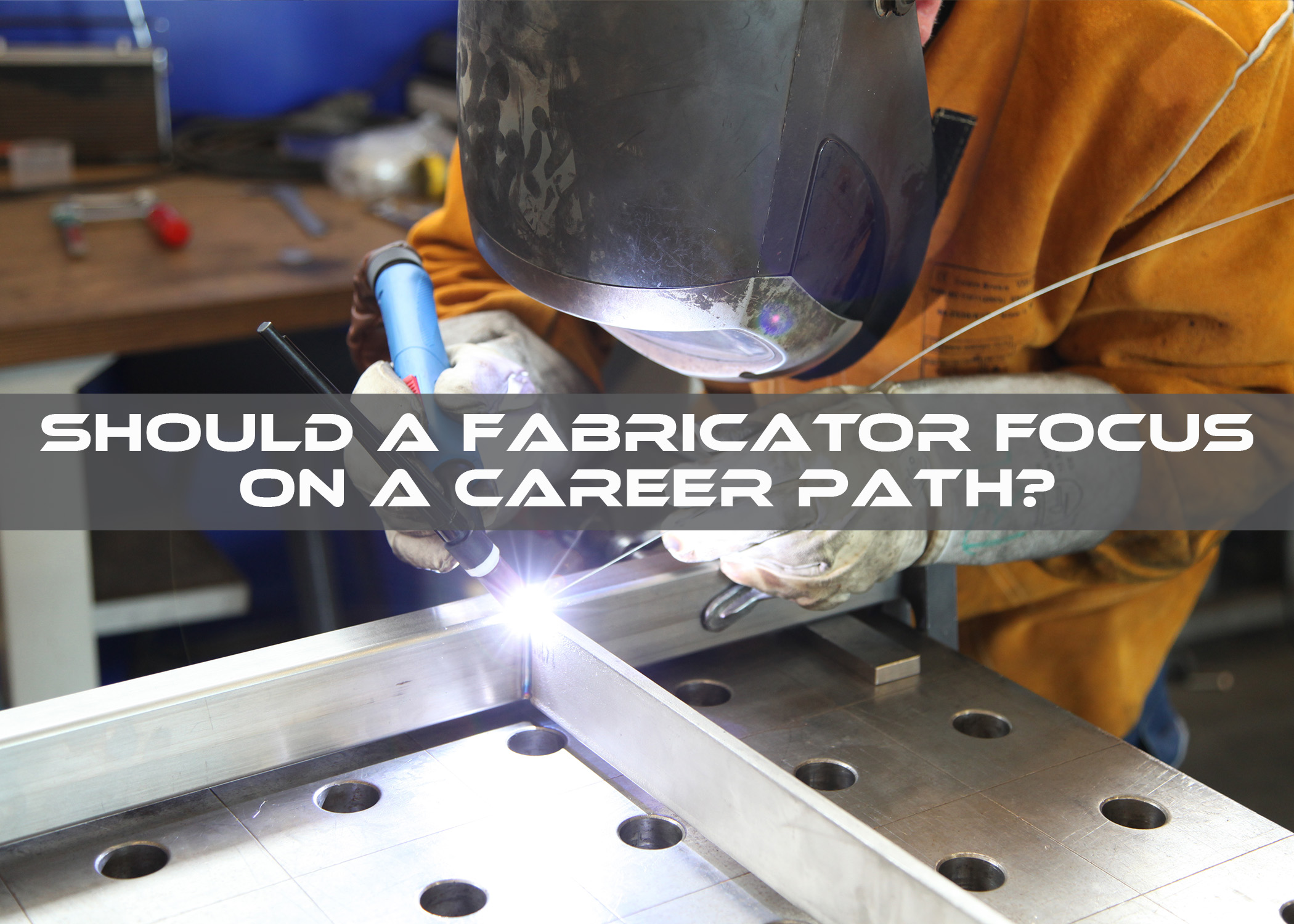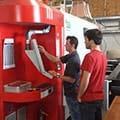In the world of skilled trades, metal fabrication stands as one of the most versatile and rewarding fields. From welding and machining to sheet metal work and advanced manufacturing, fabricators shape the physical foundation of industries ranging from construction to aerospace. Yet, as broad and exciting as fabrication can be, it is also a field where direction and intentional growth matter deeply. Without a clear career path, many fabricators risk limiting their opportunities, underestimating their value, or plateauing in skills and income. Focusing on a career is not only about personal ambition—it’s about building long-term stability, credibility, and pride in one’s craft.
A Career Path Builds Purpose and Direction
Fabrication can sometimes feel like a job that “just happens.” Many enter the field through trade school, apprenticeships, or by learning on the job. While these entry points are valuable, they can also lead to a mindset where work is taken as it comes without long-term planning.
Having a defined career path changes this dynamic. It gives fabricators a sense of purpose, showing them that today’s tasks are stepping stones toward a larger goal. For example, a new welder who aspires to become a certified welding inspector will approach their work differently than someone who welds simply to collect a paycheck. The first will view each project as training and practice for advancement, while the second may become stagnant. Purpose creates momentum, and momentum drives growth.
Skill Development Is Stronger with a Plan
Fabrication is an ever-evolving field. New technologies like laser cutting, CNC machining, and robotic welding are reshaping the industry. Without a deliberate plan, fabricators risk falling behind as new tools and techniques emerge.
When a fabricator focuses on a career path, skill development becomes intentional. They might decide to specialize in aerospace-grade aluminum welding, precision machining, or structural steel fabrication. Each specialization demands continuous learning, certifications, and practice. The difference between a general fabricator and a specialist often comes down to preparation: the one who sets a path intentionally acquires targeted skills, while the other simply reacts to whatever tasks come along.
In the long run, the specialist is not only more employable but also better positioned to command higher wages and take on leadership roles.
Career Paths Open Doors to Leadership
Fabricators who see their trade only as a hands-on job may miss opportunities to lead. Yet the industry is full of supervisory, managerial, and entrepreneurial roles that can transform a fabricator’s career.
A career path clarifies how to reach those positions. For example, a fabricator might map out steps from being a shop-floor welder to becoming a foreman, then a plant manager, and eventually opening their own fabrication business. Each stage requires different skills—technical expertise at first, followed by people management, budgeting, and project coordination.
Without a clear path, many skilled tradespeople remain excellent workers but never gain the chance to guide teams, influence projects, or run businesses. Leadership opportunities are far more accessible when one commits to a structured trajectory.
Financial Growth Depends on Direction
In fabrication, pay often reflects not just years of experience but also certifications, specializations, and roles. A journeyman welder may earn a steady wage, but a fabricator certified in high-demand processes such as TIG welding for aerospace applications can earn significantly more. Similarly, moving into supervisory roles brings higher income and better benefits.
By focusing on a career path, fabricators align their learning with financial goals. They understand which certifications to pursue, which industries pay the most, and which skills are most in demand. This planning prevents career stagnation, where a worker might find themselves stuck at the same pay scale for decades despite working hard.
Financial security is one of the most practical reasons to focus on a career. A deliberate approach ensures that each skill learned, and each role accepted, contributes to long-term prosperity.
Stability in a Competitive Market
Fabrication is a competitive trade. Many skilled workers enter the industry, but not all remain employed consistently. The difference often comes down to specialization and adaptability. Those who lack direction may find themselves vulnerable during economic downturns or shifts in demand.
Fabricators who focus on a career path, however, build resilience. By steadily gaining certifications, diversifying skills, and aiming for higher positions, they remain valuable even when job markets tighten. Employers prefer to keep and invest in workers who show commitment and growth, making career-oriented fabricators less likely to face long-term unemployment.
Pride and Professional Identity
There is also a psychological dimension to choosing a career path. Fabrication is not just a trade—it’s a craft. When a fabricator views their work as part of a broader career journey, they take greater pride in their output. Their projects are not isolated tasks but part of a professional identity that grows over time.
This sense of identity also boosts confidence. A fabricator who knows where they are headed feels validated in their choices, motivated to work harder, and empowered to inspire others. A clear path transforms fabrication from a series of jobs into a lifelong vocation.
Contribution to the Industry
Finally, focusing on a career path benefits not only the individual but also the industry. Skilled trades face shortages in many regions, with fewer young workers entering the field. Experienced fabricators who commit to long-term growth often become mentors, trainers, or business owners who help sustain the trade for future generations.
By deliberately advancing their careers, fabricators contribute to elevating standards in safety, quality, and innovation. The industry thrives when its professionals see beyond day-to-day tasks and commit to shaping the future of fabrication.
Career Path Benefits for a Fab Shop
In addition to the advantages provided to fabricators who follow career paths, the shops where they work can also reap benefits.
When a fab shop owner or manager encourages fabricators to embark on a career path, it creates a stronger, more motivated workforce. Employees see their work as more than just a job—they recognize opportunities for growth, skill-building, and long-term stability. This increases morale, reduces turnover, and builds loyalty within the shop.
Skilled fabricators who feel invested in their future are more likely to deliver higher-quality work and take pride in their craftsmanship. Career development also ensures the shop has knowledgeable leaders for the future, creating a pipeline of talent that strengthens operations and supports the company’s long-term success.
A career path transforms metal fabrication from “just a job” into a lifelong journey of mastery and impact, benefiting the fabricator, the fab shop, and the industry. For anyone in the trade, choosing to invest in their future is not only wise—it’s essential.







